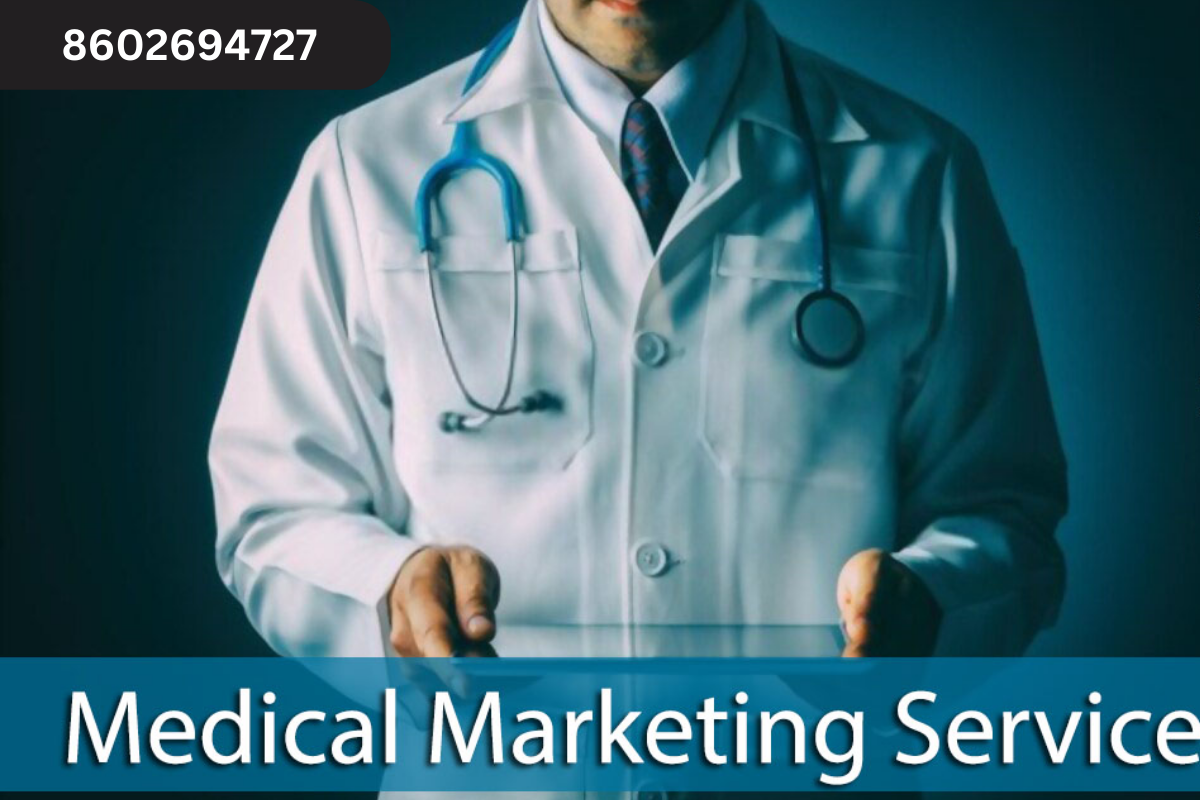Introduction:
In the fast-evolving digital landscape, the healthcare industry is turning to innovative solutions like medical digital marketing to better connect with patients and drive growth. This article explores the transformative power of digital marketing in healthcare, shedding light on key strategies that empower medical practices, hospitals, and healthcare organizations to thrive in the modern era of patient engagement.
Website Optimization: Your Digital Clinic Front Door
A well-optimized website is the cornerstone of medical digital marketing. By ensuring that websites are user-friendly, mobile-responsive, and informative, healthcare providers can create a positive online experience for patients. Clear calls-to-action, appointment booking functionality, and easy navigation contribute to a seamless patient journey and drive conversion rates.
Content Marketing for Health Education
Educational content serves as a potent tool for medical digital marketing. By producing valuable blog posts, articles, and infographics on health topics, medical practitioners can position themselves as authoritative sources of information. This establishes trust with patients and fosters long-term relationships, encouraging patients to return for reliable healthcare advice and services.
Search Engine Optimization (SEO): Becoming Discoverable
SEO is a critical aspect of medical digital marketing, allowing healthcare providers to rank higher in search engine results. By optimizing website content and metadata with relevant medical keywords, medical practices can increase their online visibility and attract potential patients actively searching for healthcare services.
Social Media Engagement: Building Patient Connections
Social media platforms present vast opportunities for medical digital marketing. By engaging with patients through social media, healthcare providers can foster a sense of community and transparency. Regular posts about health tips, success stories, and medical updates create a personal connection with patients and encourage them to share their experiences.
Pay-Per-Click (PPC) Advertising: Targeted Reach
PPC advertising empowers medical practices to reach a targeted audience. Platforms like Google Ads enable healthcare providers to display ads to users searching for specific medical services or keywords. This targeted approach ensures that marketing resources are used efficiently, reaching the right patients at the right time.
Email Marketing: Nurturing Patient Relationships
Email marketing plays a pivotal role in medical digital marketing. Sending newsletters, health-related tips, and appointment reminders keeps patients informed and engaged. By nurturing patient relationships through personalized email campaigns, healthcare providers can boost patient retention and satisfaction.
Online Reviews and Reputation Management
Positive online reviews and testimonials are invaluable in medical digital marketing. Managing online reputation through review platforms and responding to patient feedback shows that healthcare providers value patient opinions and are committed to providing exceptional care. A positive online reputation can influence patient decision-making and attract new patients to the practice.
Conclusion:
Medical digital marketing is a powerful prescription for success in today’s healthcare landscape. From website optimization and content marketing to SEO, social media engagement, and online reputation management, digital marketing strategies empower medical practices to connect with patients on a deeper level and drive growth. Embracing these digital tactics enables healthcare providers to stay competitive, enhance patient engagement, and deliver top-quality care in the digital age. By embracing medical digital marketing, healthcare organizations can forge a path toward a patient-centric and thriving future in the healthcare industry.

